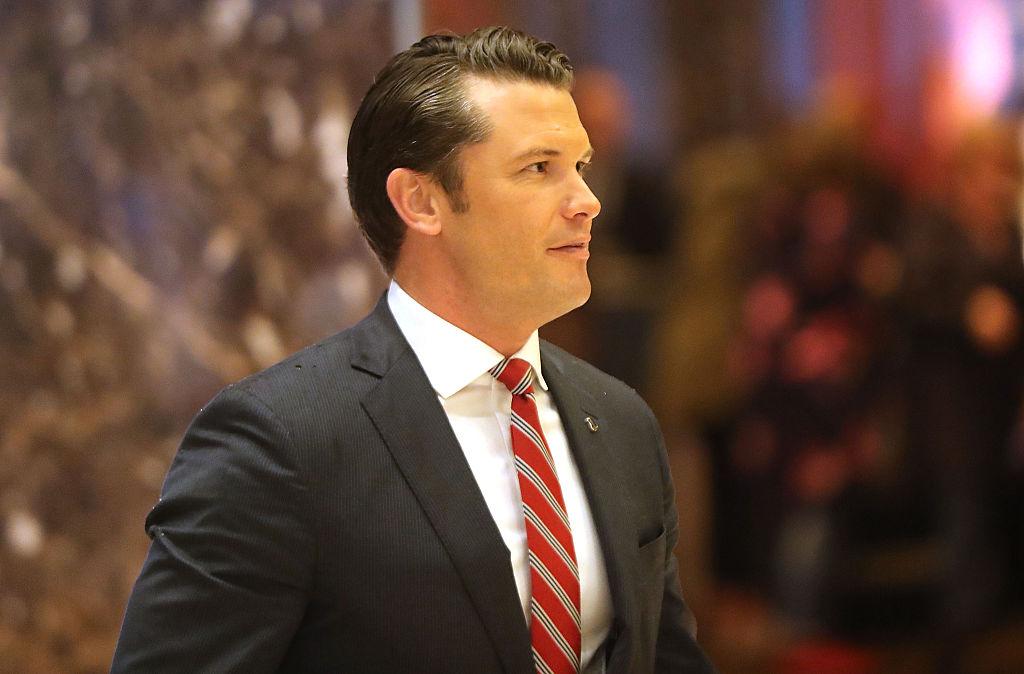Commentary
Pete Hegseth was not nominated by President-elect Donald Trump to be the pastor of a church. Hegseth was nominated to be the secretary of defense. And to this position, he brings a set of qualifications and a mindset that match up well with the challenges facing our military at this time in its storied history.





